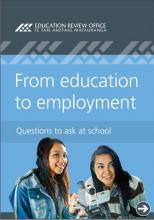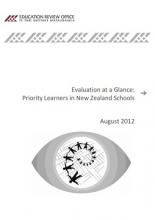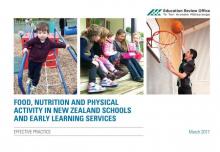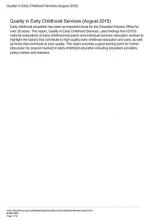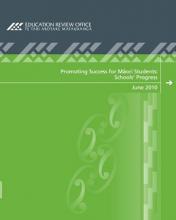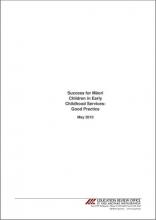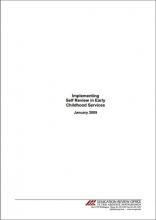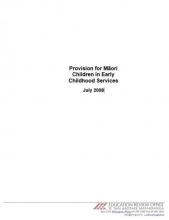Secondary Schools Pathways for future education, training and employment
This report follows on from ERO’s 2012 report on careers education, Careers Information, Advice, Guidance and Education (CIAGE) in Secondary Schools. This second report investigates how well 74 secondary schools have prepared their students for future opportunities in education, training and employment.



